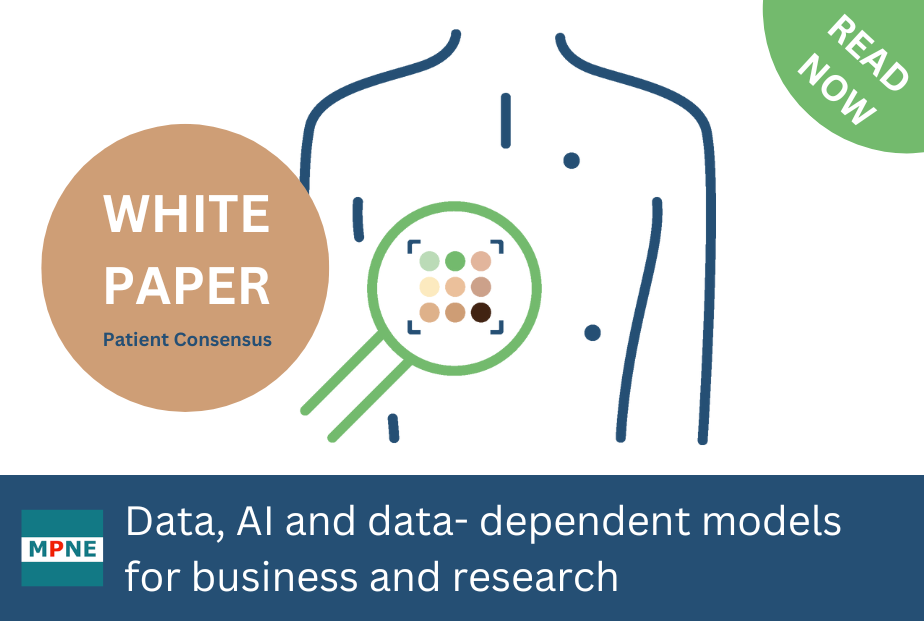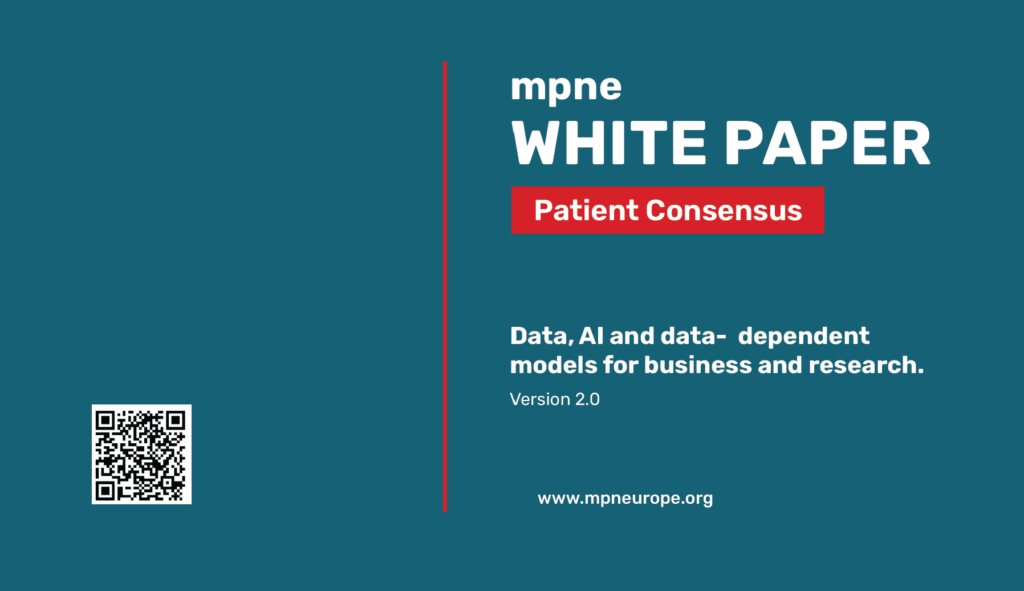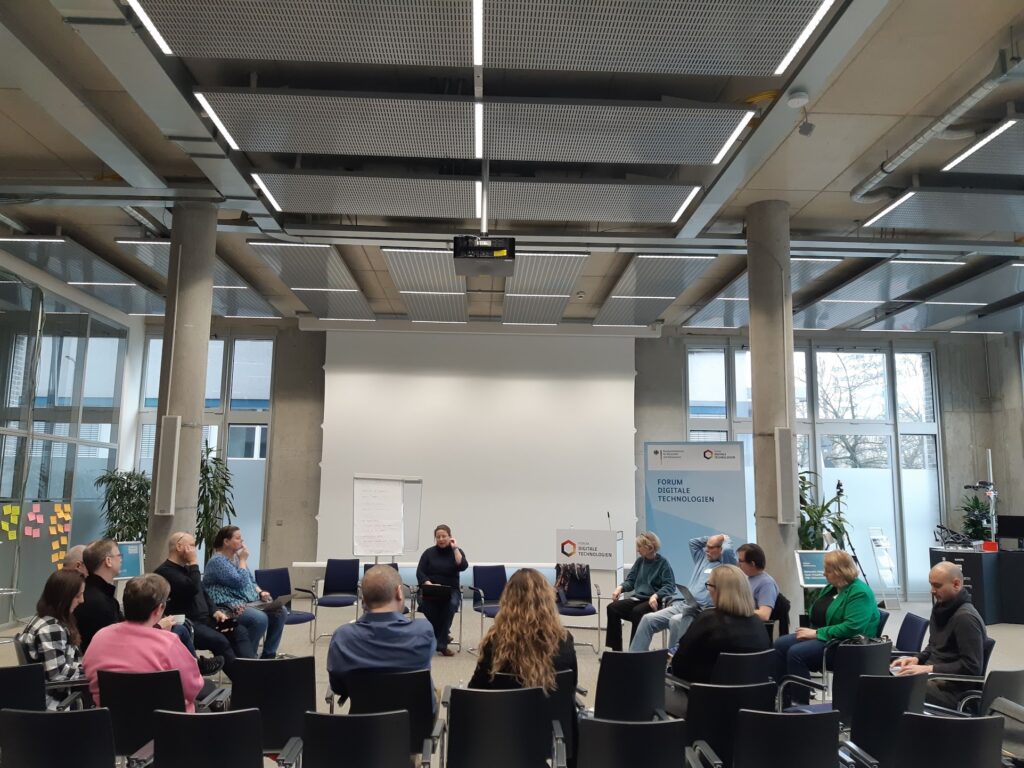
MPNE WHITE PAPER on Data, AI and data- dependent models for business and research
Melanoma Patient Network Europe (MPNE) is proud to announce the publication of White Paper patient consensus on data AI and data-dependent business models. MPNEconsensus 2024 was conducted in early 2024 to provide an independently generated input to the iToBoS- intelligent Total Body Scanner- EU project. The resulting White Paper raised interest among our partners from MELCAYA, the sister project of iToBoS, particularly AI scientists and Health Technology Assessment researchers.
Our independent patient consensus process aims to give patients, who both stand to considerably benefit but who also carry the ultimate risk, the opportunity to develop independent, substantiated positions and consensus across the community without the framing imposed by other stakeholder groups. At the same time, the White Paper aims to contribute a patient perspective to the general discussion on the European Health data Space, the AI Act and other data-related initiatives and projects.

We are delighted that the MPNE consensus process has recently been recognised by the EU Innovation Radar as Innovation under the title: Socio-Cultural and Ethical Guidelines for Future Implementation of AI in the Medical Context.
Below we highlight the consensus statements of our White Paper as a starting-point for discussion and further work:
1- Data use is an ethical imperative as people are dying and we as society have data that could save them.
2- Data should be used but not abused. Individuals and societies need to be effectively protected against abuse; this will require new ethical frameworks for the use of data and AI, diverse risk mitigation strategies, effective enforcement and proactivity and agility in the approach.
3- The approach to data use should be risk-appropriate, similar to the benefit/ risk trade-offs seen with drugs. Data is not a one-size-fits all category: differentiation of different data sets and the risks associated with them is critically needed.
4- Health data is common goods – it is not acceptable to extract value for a few and settle patients and society with the risks; this will require new models for business and research beyond platformisation.
5- Altruism gaslighting is unacceptable: people have valid concerns and reservations, e.g. with regards to their privacy, protection against misuse and one-sided value extraction.
6- Citizens need ‘zero-trust’ data environments beyond the reach of single parties, institutions or governments, in particular, for sensitive data such as genomic data, to protect the rights of citizens.
7- Governance needs to ensure that those most affected by the risks have a voice.
8- It is evident that tech is not able to self-regulate, control therefore has to occur at the level of laws and regulations. Citizens and patients need hard guardrails of what is permissible when it comes to data-use; real-time monitoring and effective enforcement, e.g. existential fines to ensure compliance with laws, regulations and ethical standards.
9- Society and patients need future-proof approaches, taking into account ‘the unknown unknowns’ of future technologies. Society, regulators and decision-makers need to consider the risks for today’s but also for future generations.
10- We as a patient community need independent spaces for learning, exchange and debate to develop understanding and positions on complex topics that affect patients, such as data and AI.
We thank all internal and external speakers, and in particular, our iToBoS colleagues from the Fraunhofer Institute for Telecommunication Berlin, IBM Research in Haifa and the Hannover Centre for Optical Technologies, for their effort, time but above all: enthusiasm to make their technical fields of work accessible to the melanoma patient community.
The full document can be consulted on Issuu.
Blog authors
Bettina Ryll (MPNE) and Violeta Astratinei (MPNE and AMER)
partners in iToBoS and MELCAYA


